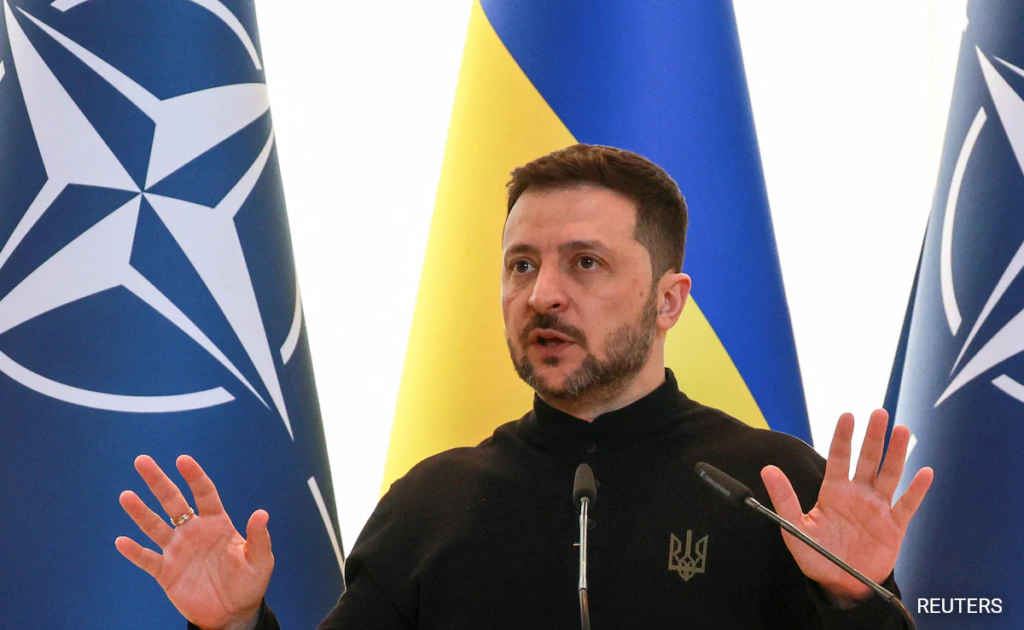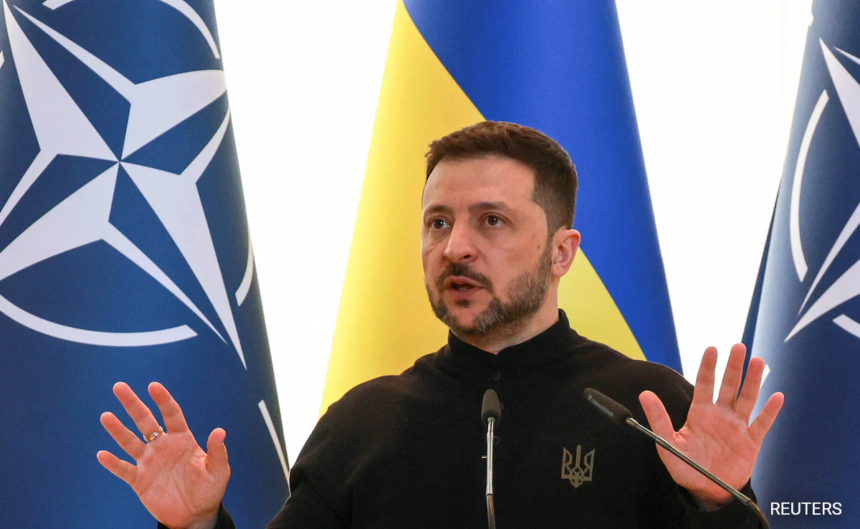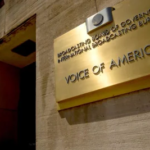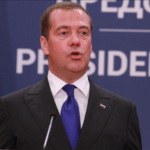Introduction
Ukrainian President Volodymyr Zelensky has publicly rejected Russian President Vladimir Putin’s proposed ceasefire ahead of Russia’s symbolic May 9 Victory Day celebrations. This move marks a significant moment in the ongoing Ukraine-Russia conflict, signaling Kyiv’s continued resistance and deep mistrust of Moscow’s intentions. In this blog, we explore the top five reasons behind Zelensky’s refusal and what it means for the future of the war.
1. Lack of Trust in Russian Intentions
Zelensky has consistently warned that any ceasefire proposal from Putin is likely a tactical move, not a genuine gesture for peace. Past truces have often led to escalated Russian offensives, and Ukraine remains skeptical about the Kremlin’s sincerity, especially around politically charged dates like May 9.
2. Timing and Symbolism of May 9
May 9, known as Victory Day in Russia, commemorates the Soviet Union’s victory over Nazi Germany. Kyiv views Putin’s use of this date for political maneuvering as an attempt to project strength both domestically and internationally. Accepting a ceasefire now could be seen as a propaganda victory for Moscow.
3. Momentum of Ukrainian Forces
Ukrainian military forces have reportedly made gains in certain frontline regions. Accepting a ceasefire could halt this momentum and give Russian troops time to regroup and fortify positions—an outcome Kyiv seeks to avoid.
4. Pressure from Ukrainian Public and Allies
Ukrainian citizens have overwhelmingly shown resilience and demand accountability for Russian aggression. Additionally, Western allies including the U.S. and European nations remain committed to supporting Ukraine’s resistance. A premature truce could be viewed as weakening that united stance.
5. Absence of Concrete Peace Framework
Unlike peace negotiations that involve detailed roadmaps and third-party mediation, Putin’s offer lacked substance. Zelensky has insisted on a comprehensive framework that includes security guarantees and a complete withdrawal of Russian forces as prerequisites for any negotiations.
Conclusion
Zelensky’s refusal of Putin’s ceasefire offer is rooted in strategic caution, national pride, and geopolitical calculation. As May 9 approaches, the world will watch how both leaders navigate this high-stakes moment. For Ukraine, the message is clear: no peace without justice, and no ceasefire without real change.
For a detailed timeline of events leading up to this decision, check out our Ukraine-Russia conflict timeline.
Stay informed on global politics—subscribe to our newsletter for weekly updates.










